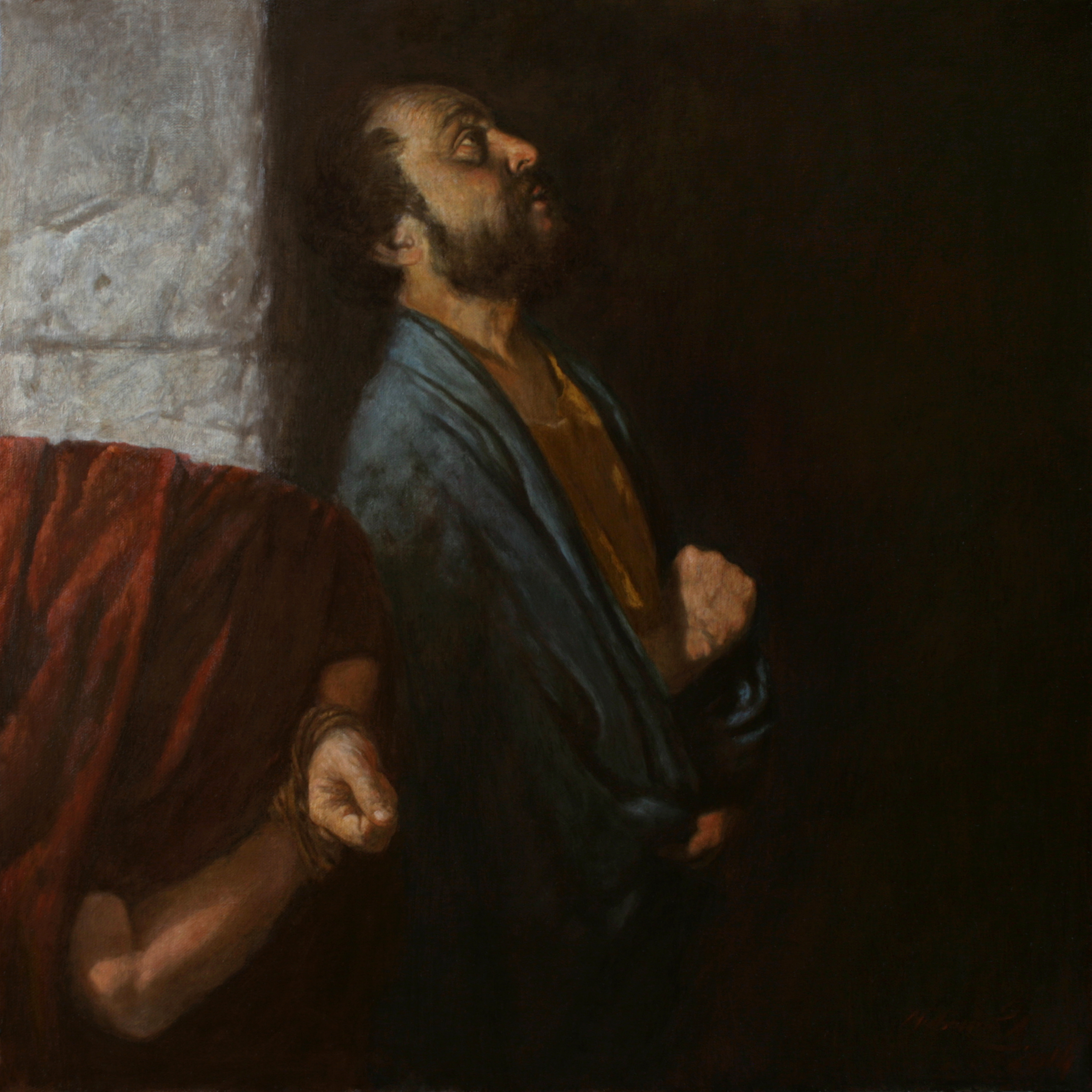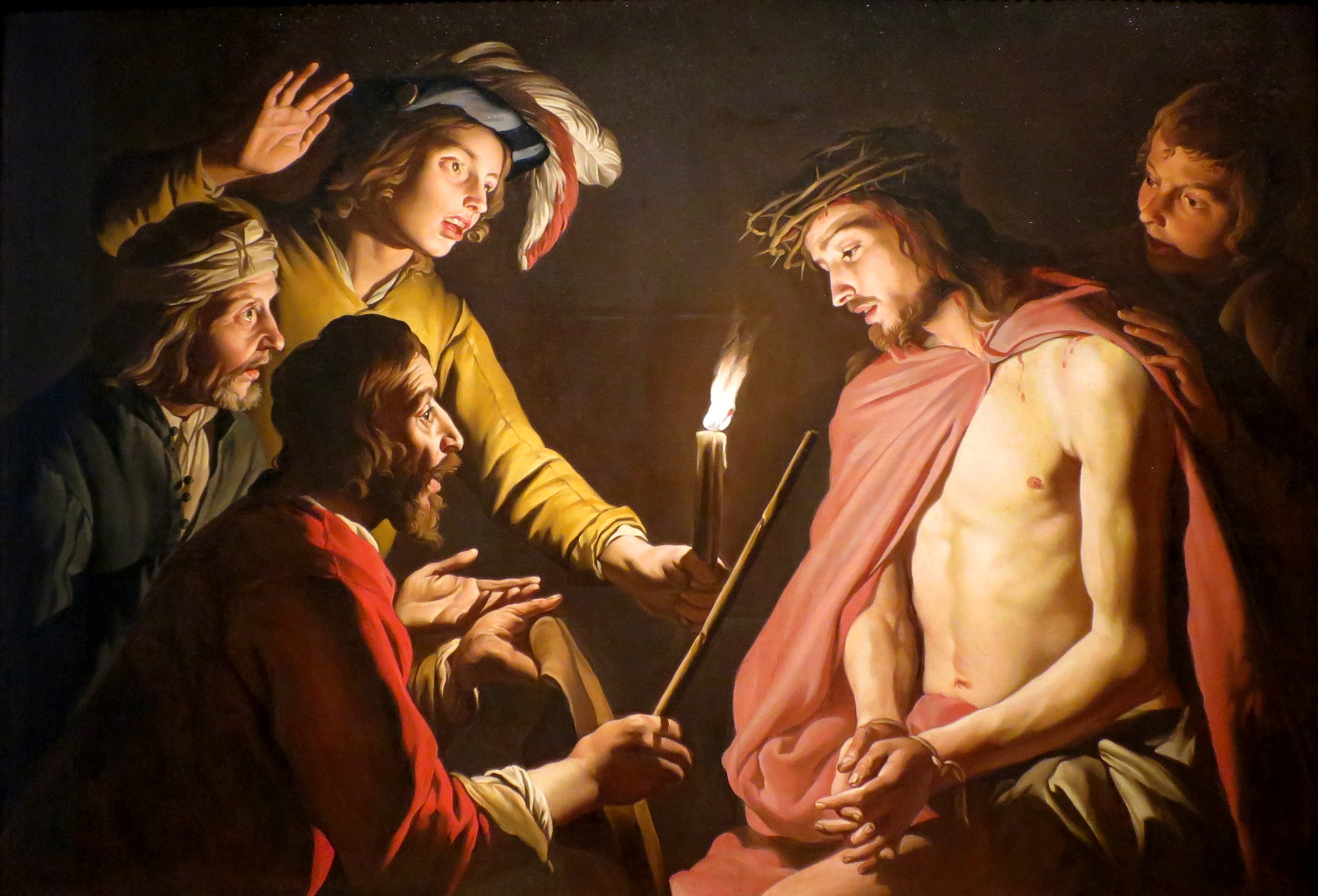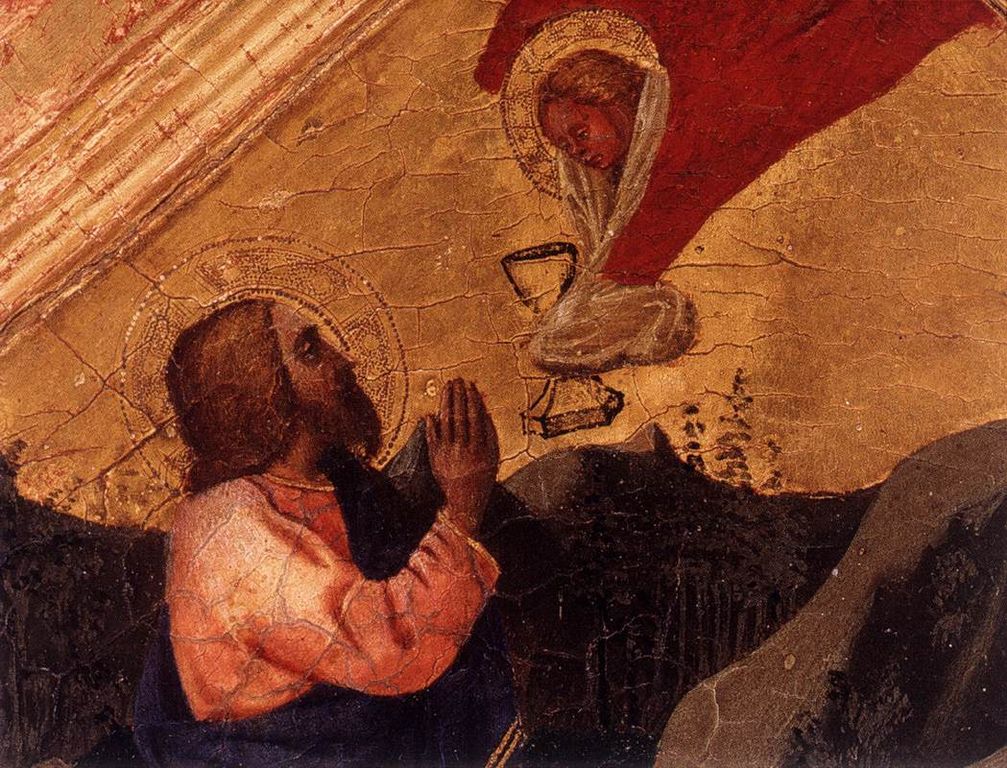How to Train Your Noble Aspirations
“Lord, I am prepared to go to prison and to die with you.”
Each of us has noble aspirations. Each of us has the desire of total self-gift hidden deep within our human nature, beneath the strata of selfishness and pride. “Man cannot find himself,” St. John Paul II continually reminded us, “except in a sincere gift of self.” And in great moments of consolation, whether during prayer or service to others, each of us has felt this surge of generosity and aspiration to self-donation. The saints have expressed this most purely:
I feel the need, the desire to perform all the most heroic deeds for you, Jesus… I feel in my soul the courage of a crusader, of a soldier for the Church, and I wish to die on the field of battle in defense of the Church…
Dreaming of the tortures in which Christians are to share at the time of the Antichrist, I feel my heart thrill, and I would like these tortures to be kept for me… Jesus, Jesus, if I wanted to write all my desires, I would have to take your Book of Life, where the deeds of your saints are recorded: all these deeds I would like to accomplish for you.
-St. Therese

But most of us, like St. Peter, have also had our cock-crow moment. That moment when we have wandered far from the light of our divine aspirations, down the dark path of cowardice and human respect. What once seemed to be the bright, guiding star of our life – the face of Christ, our beloved – is now a source of shame. Like Adam and Eve before him, Peter tries to hide from the face of God. Moving from the light of the fire, which exposes the nakedness of his sin, Peter vehemently denies that he knows the man he once called the “Messiah, the Chosen One of God.”
What is comforting is that Jesus knows this moment will come, and he never turns his face away from us. Rather, he prays for us, that we may “turn back” and “strengthen [our] brothers.” St. Paul knows this too, since he calls God “the Father of compassion and God of all encouragement, who encourages us in our every affliction, so that we may be able to encourage those who are in any affliction with the encouragement with which we ourselves are encouraged by God” (2 Corinthians 1:3-4).
Yes, Jesus allows us the space to deny him, because he also wants to give us the space to return to him and love him. Before his eternal hour of light and glory, Jesus allows for the hour of darkness: “Day after day I was with you in the temple area, and you did not seize me; but this is your hour, the time for the power of darkness.” Like a wrestler who allows his opponent to place him in a headlock, only to suplex him, Jesus allows darkness to grip him so that he can defeat it with its own weight. Our liturgy drives this home with the beautiful, kenotic hymn of Phillipians:
“He emptied himself, taking the form of a slave, coming in human likeness; and found human in appearance, he humbled himself, becoming obedient to the point of death, even death on a cross.”
So it is in the darkness of sin that Christ ultimately reveals who He is. Anyone less than God would have stopped short of total self-emptying. But God is Love, Deus Caritas Est. Everything that has is existence is founded on this fundamental truth, and it was inscribed in our very being insofar as we are made in the image and likeness of the Trinity. No matter how far we wander down the dark path of self-love, he will always have his face turned toward us, meekly insisting that we turn away from destruction and come back to the light. Peter responded to this entreaty. Judas didn’t.

How do we overcome the fickleness of our human nature and conform ourselves more fully to the self-giving love of Christ? We know that we are like Peter, and we know where we have fallen short. Perhaps we are afraid of good inspirations or holy ideals, and being disillusioned by past failures, we keep ourselves from being given over to them too completely. This isn’t the attitude of the saints, and it is an injustice to God who placed these noble inspirations in us and who is capable of bringing them to perfection.
The saints return constantly to two foundations of our spiritual life: knowing our weaknesses, and knowing the strength of Christ. Combining these two, we have the axiom that, as we grow toward perfection, our trust in ourselves will lessen and our trust in God will increase. But how?
This Holy Week offers the best solutions, which can be applied at all seasons of the year. First, of course, are the sacraments. In Holy Week we recollect the grace of our baptism and confirmation, in which the seeds of our vocations to self-gift were planted within our souls and we were rescued by Christ from the self-destruction of sin. Penance cleanses us from past faults, unites us once again to Jesus, and sets us back on the path to imitating Christ. The Eucharist is the sacrament of charity par excellence because in it we receive not simply the effects of God, but God himself – Charity Incarnate. Simply by turning our attention to the power of the sacraments, we are restored and encouraged. Our weakness is not too much for God, who willingly bore it for us and redeemed it out of love.

Along with the sacraments, Holy Week offers us another beautiful remedy for our self-love: the opportunity to meditate on and enter into the passion, death, and resurrection of Jesus Christ. When each of the four Gospel writers reach the moments surrounding the crucifixion of Jesus, it is as if time slows down. Details that were once sparse or completely absent are now abundant. It is as if the image of Jesus crucified is seared into the memory of his bride, the Church, through the fire of the Holy Spirit.
We too, should ask that the image of Jesus crucified be burnt into our memories and imaginations. The way we do this is by reading the passion accounts, meditating on the words, placing ourselves in the scenes, and responding to Jesus with the affections and desires of our hearts. If you feel like Peter, go and take his place by the fire. I promise, Peter won’t mind. If you feel like Mary Magdalene, go and be with her at the foot of the cross, weeping for your savior. If you are afraid of your own crucifixions – whether great or small – turn to the mother of Jesus and ask her to strengthen you. Or turn to her and give her comfort, asking her for the grace to never betray her son through sin.

Pope St. Pius XII, in Mystici Corporis, assured us that, during Jesus’ life, he could see the face of every Christian who would live. So when you and I enter into the passion, whether through the liturgies of Holy Week or through private mental prayer and lectio divina, we are truly able to be present to Jesus on the cross and give him consolation. When Jesus was in the garden, sweating blood and trembling at what lay ahead of him, his best friends were collapsed in grief and would not comfort him. So Jesus’ Father sent an angel to console him. You and I can join that angel, and console Jesus. If this is our one goal during Holy Week, then we can be assured that we will take one more step closer to the perfection of our vocations. And we will experience Easter in radically transformative way. Above all, we will grow in deeper union with Jesus, who is self-giving love incarnate, and our noble aspirations will be fulfilled in him.
